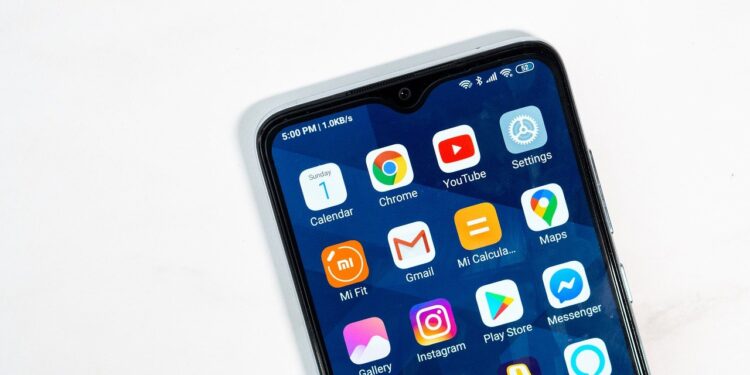A reputable business VoIP provider can protect your organization against attacks like malware, phishing, toll fraud, and call tampering. To do this, they follow data security best practices, including regular security assessments.
Plus, they offer scalable services that aren’t tied to the physical limitations of company cell phones. Instead, you can use a phone app with a virtual number and identity.
Encrypted Calls
The gold standard of VoIP is end-to-end encryption, which means that your content — such as voice or video — stays private from one point to another. It is a significant security advantage during sensitive conversations with customers or other stakeholders, as it increases privacy and enhances stakeholder confidence in your business systems.
VoIP works by compressing and digitally converting the voice signal before sending it over your high-speed internet connection to the phone network. From there, it is routed to its destination, such as a customer service representative. It can also be configured to ring multiple locations or direct callers to a specific voicemail.
VoIP services can be integrated with other business tools to create a seamless, unified communication system. It allows employees to stay connected and productive, even during a natural disaster or other unforeseen events. They can also work from home, in a remote office, or on the go.
Call Recording
Compared to traditional phone systems, VoIP has a high level of scalability. If your business needs to expand, you can easily add new lines and features without significant expenses. Conversely, reducing the number of VoIP lines is also simple if you’re downsizing.
Moreover, VoIP is a reliable communication system that eliminates call failures. This feature makes it easier for businesses to maintain productivity even during network disruptions or internet outages.
Additionally, VoIP mobile offers a variety of business-boosting functionalities that make it easy to connect with clients and customers from any location. These include automated attendant systems that route calls to the correct department. Businesses can also use toll-free and vanity numbers to build brand credibility.
Some VoIP providers also integrate with other communication tools, such as chat apps and video conferencing, to offer a unified communications platform that manages multiple channels in one place. It helps improve collaboration and facilitates teamwork. Customer support teams can also benefit from call recordings by listening to customer calls for valuable feedback and answering frequently asked questions (FAQs) more virtually.
Call Logs
VoIP systems are dependent on the quality of an internet connection. A reliable network ensures that calls aren’t delayed or choppy. Call quality is easy if your business has a high-speed fiber connection at the office or a good mobile data plan.
Advanced features like auto-attendants, voicemail-to-email transcription, and virtual conference rooms streamline communication processes for greater productivity and enhanced collaboration capabilities. Integration with other systems enables seamless communication between teams across departments and devices.
Lastly, CRM integrations give customer service agents access to relevant customer data during phone conversations, increasing sales and boosting overall customer satisfaction. With all these benefits, it’s no surprise that many businesses are considering switching to VoIP. However, implementing a secure and optimized system is vital to protecting sensitive communications. You can minimize cybersecurity risks and enhance your business’s performance by deploying suitable security measures. These advantages are available at a fraction of the cost of traditional landlines.
Call Forwarding
With VoIP, all modes of communication can be utilized through a single platform, including voice, fax, video, and web conferencing. It allows businesses to improve the overall customer experience and boost employee productivity.
This scalability is vital for business owners that need a flexible system that can adapt to changing conditions. For example, suppose your company experiences a spike in call volume during the holiday season. In that case, you can easily add more lines and features to your VoIP platform without investing in additional hardware or hiring more employees.
However, if hackers get into your VoIP system, they can listen to calls, rack up phone bills, or steal sensitive information about your business and customers. Strong encryption and regularly updating your VOIP software are crucial to protect your business. It will keep hackers from accessing your data or causing any damage to your business. You can also install a security suite with firewalls and other cybersecurity tools.


